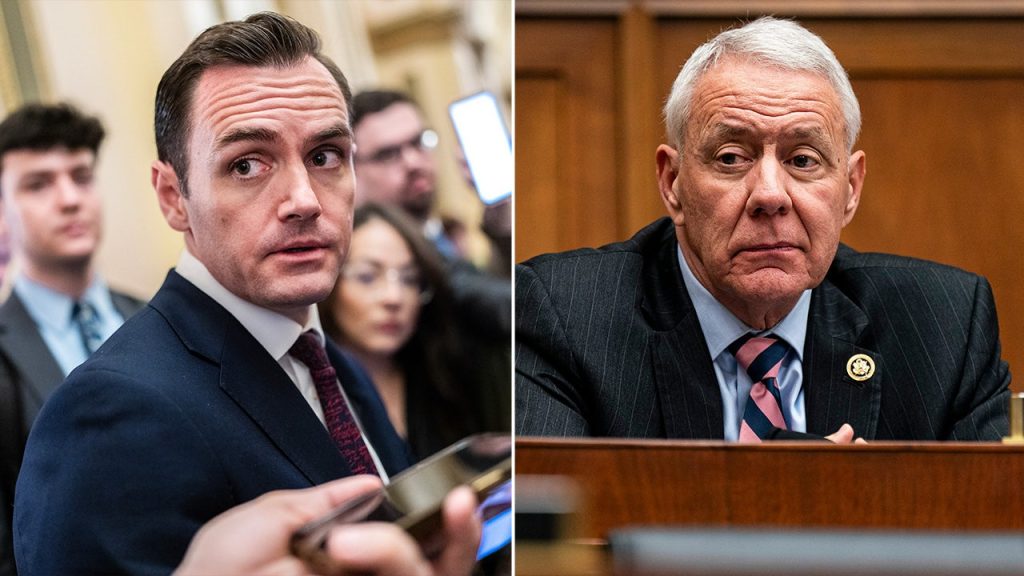The early departures of several key Republicans have reignited tensions within the House GOP, as they face the prospect of a historically slim one-vote majority. This has raised concerns among lawmakers about the potential for Republicans to lose control to the Democrats. The GOP started the 118th Congress with a single-digit majority, which has since been significantly reduced due to multiple early departures and the expulsion of a Republican lawmaker from New York. The recent announcements of Rep. Mike Gallagher from Wisconsin and Rep. Ken Buck from Colorado stepping down have added to the uncertainty surrounding the GOP’s majority.
Rep. Ralph Norman from South Carolina criticized the departures, stating that the country’s future is at stake and putting Democrats in control would be inexcusable. He questioned the timing of Gallagher’s departure in particular, as it would leave Wisconsin’s seat vacant until 2024. Rep. Marjorie Taylor Greene suggested that Speaker Mike Johnson should expel Gallagher earlier to allow for a special election. There are concerns about the GOP’s fragile majority until a special election is held for ex-Rep. Bill Johnson’s vacant Ohio seat, which is expected to expand the party’s majority.
While some GOP lawmakers have criticized those leaving early, others have highlighted the toxicity and dysfunction within the House as contributing factors to the departures. A source within the party expressed concern about the impact of hardline conservatives on pushing people out the door. The source emphasized the need to address the underlying issues with civic discourse to prevent further departures and restore faith in the political system. Rep. Anna Paulina Luna from Florida predicted more gridlock in the wake of Gallagher and Buck’s departures, warning that the American people and the Republican Party would suffer as a result.
The departure of key Republicans has underscored the challenges facing the House GOP and the delicate balance of power within the chamber. Lawmakers are grappling with the implications of a slim majority and the potential for further departures, which could have significant consequences for the party’s ability to advance its agenda. The current state of affairs in Congress reflects a broader trend of dissatisfaction and disengagement among the American public, highlighting the need to address deeper issues with civic discourse and political dysfunction. As tensions rise within the GOP, the party faces an uncertain path forward in maintaining control and unity among its members. It remains to be seen how the ongoing departures and internal divisions will impact the party’s trajectory leading up to the next election cycle.


